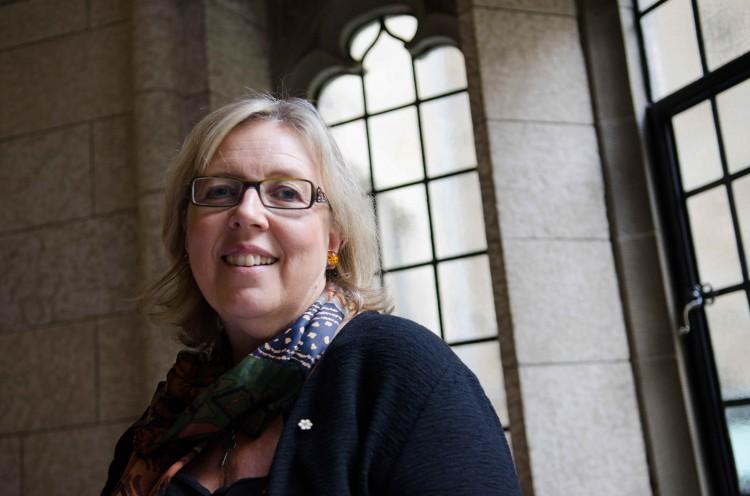PARLIAMENT HILL—As the government considers the pending takeover of Nexen by Chinese state oil company CNOOC, there is a crucial fact that members of Parliament seem to be loath to acknowledge.
There are arguments to be made for and against the Nexen sale, but to date even opposition parties have shied away from questioning whether it should matter that the China National Offshore Oil Corporation is owned and controlled by an authoritarian regime.







